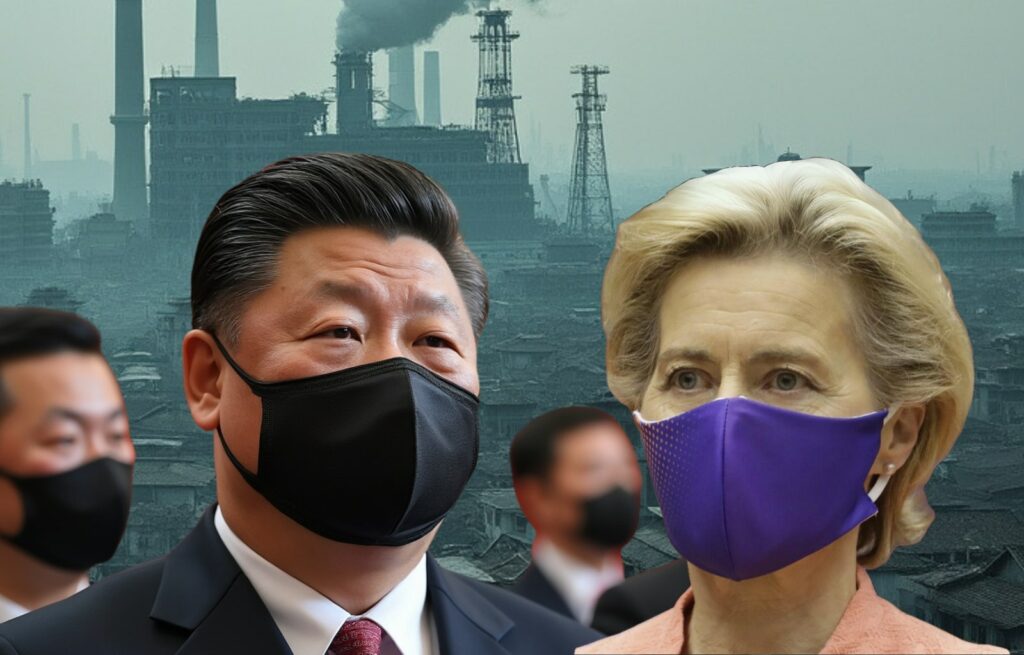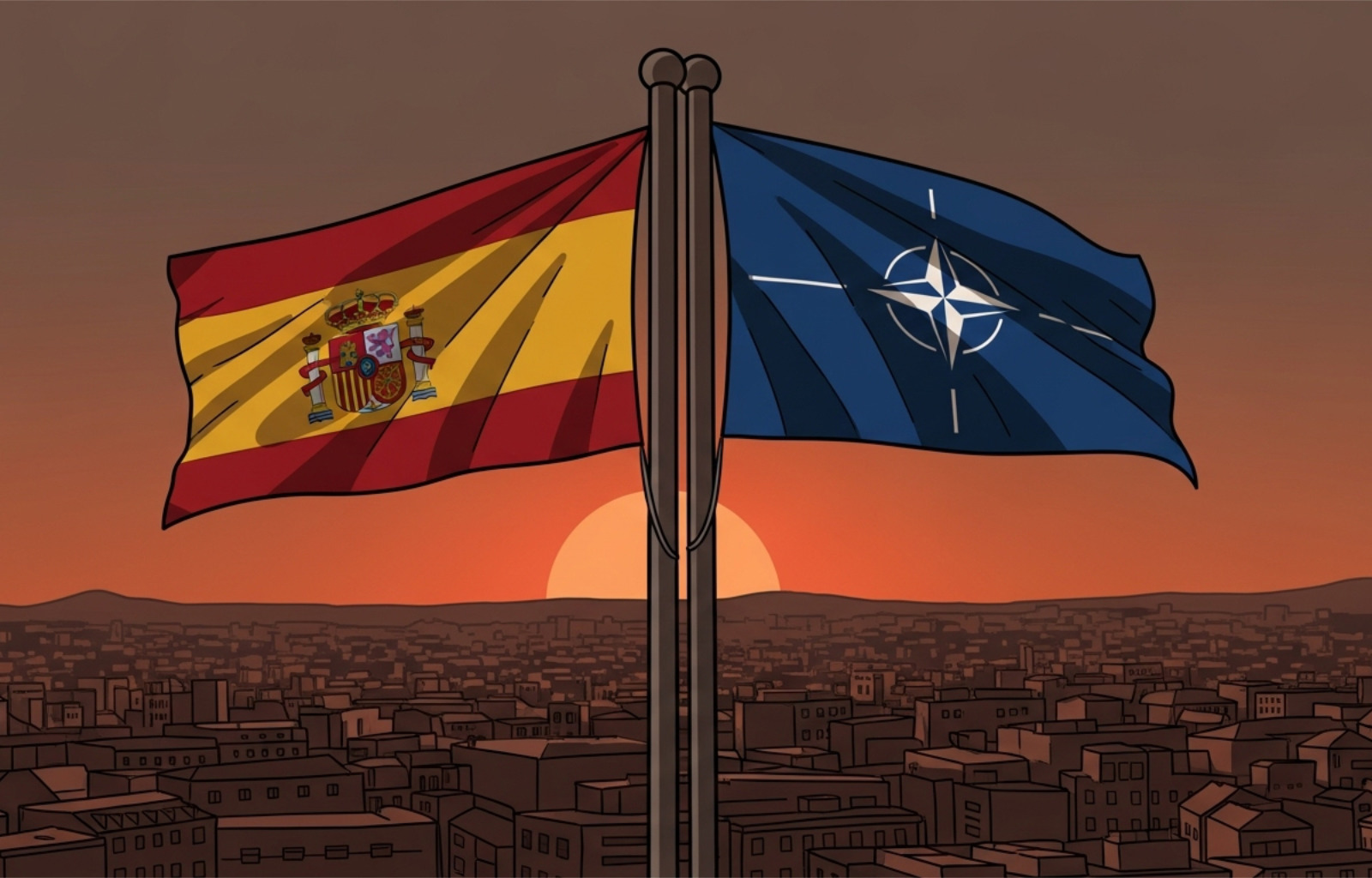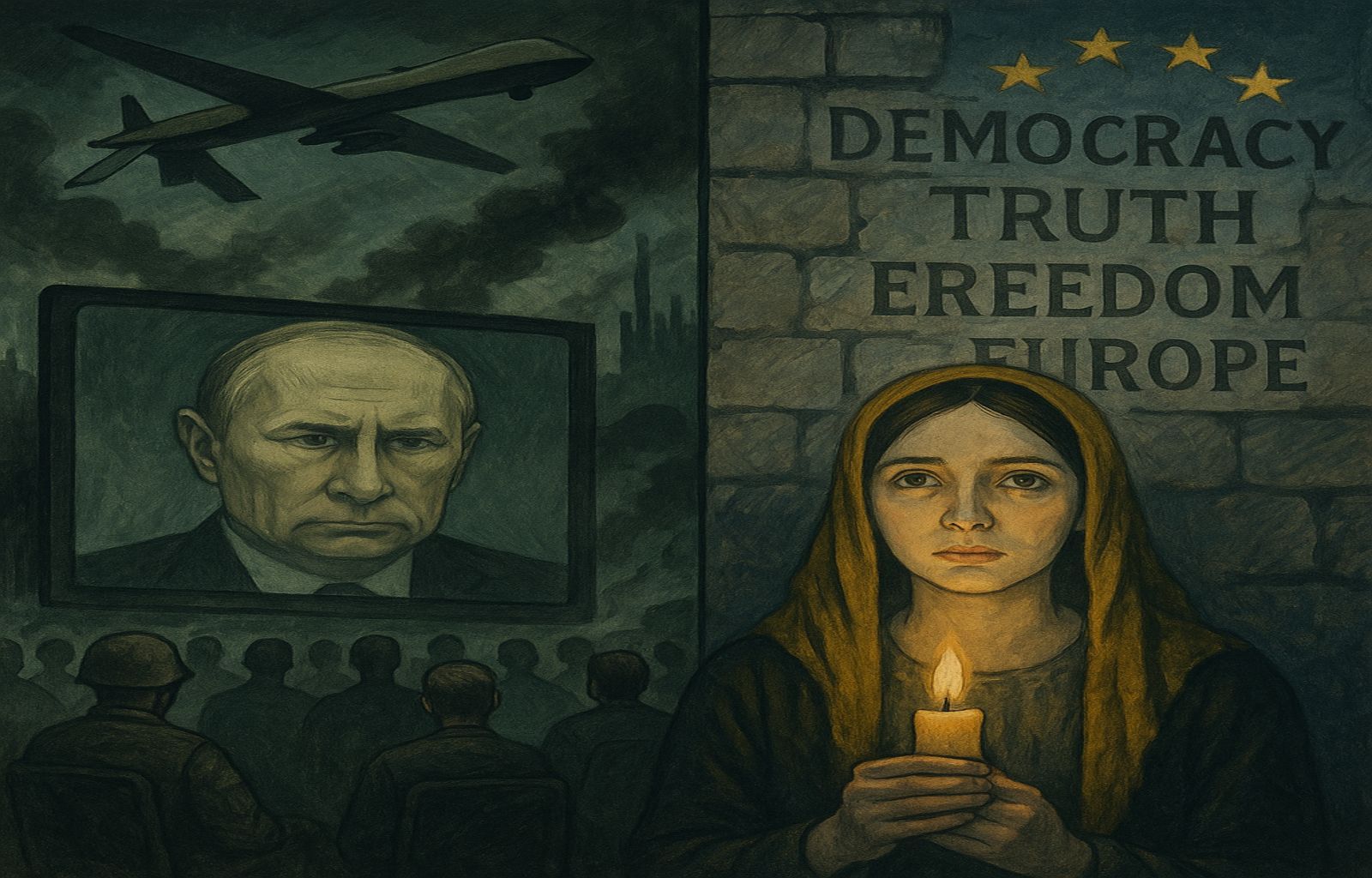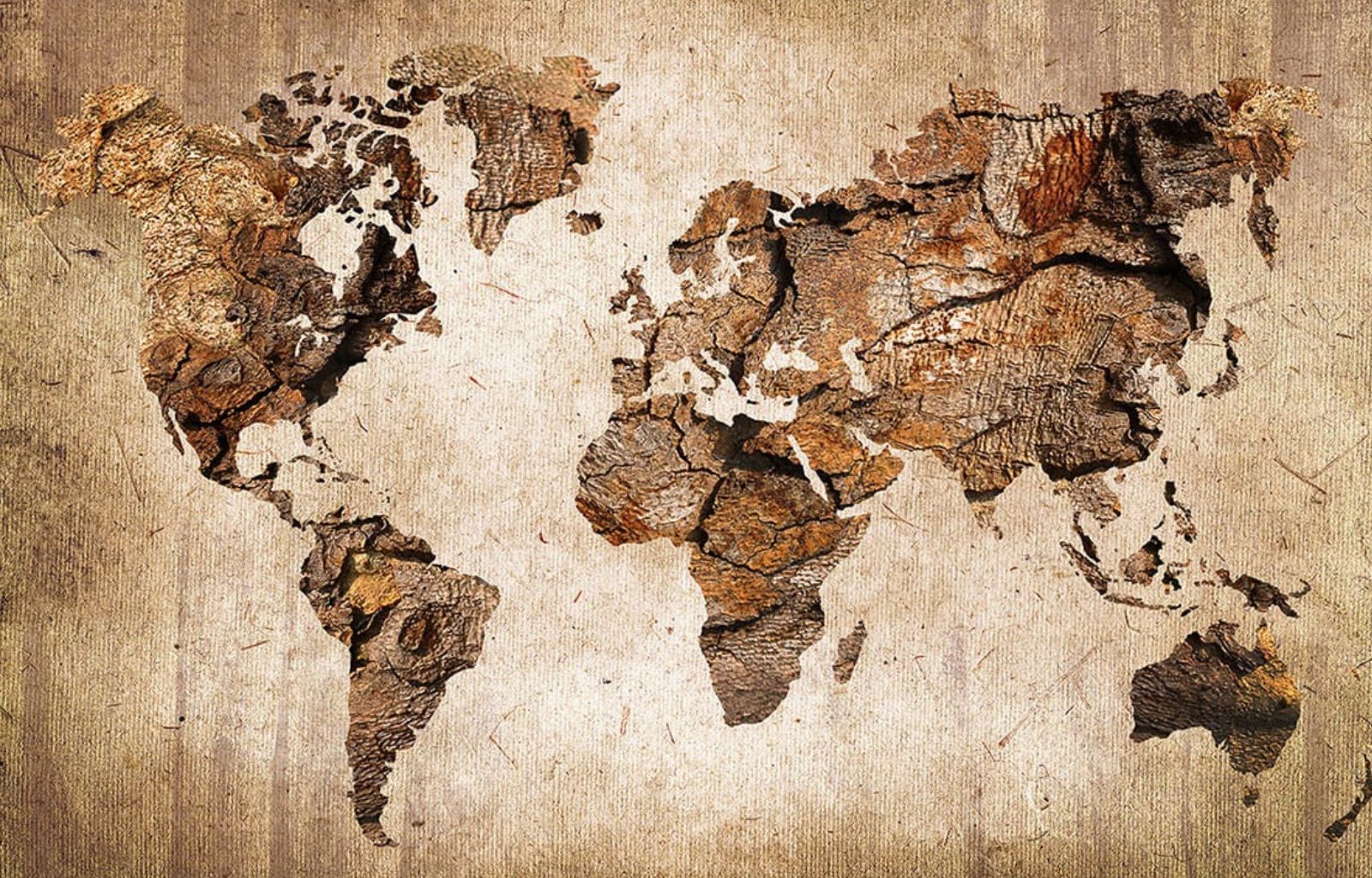No more guilt: China has overtaken Europe in historical CO₂ emissions.

Last year, according to an analysis by research site Carbon Brief, China surpassed the European Union in historical cumulative carbon dioxide (CO₂) emissions, becoming the second largest global contributor, preceded only by the United States.
Western ‘guilt’ no longer holds water
The overtaking, both symbolic and strategic, highlights a profound shift in global power relations on the climate issue. For too long, ‘white man’s guilt‘ has led us to believe that we have to sacrifice some of our wealth to reduce emissions, implicitly accepting that other areas of the world have the right to pollute because they ‘had not done enough’ in the past. This concept, already fragile, no longer holds today. With China overtaking Europe in cumulative emissions, it is clear that our efforts are not balanced against those of other global powers.
The paradox of coal and Chinese green technologies
China continues to increase its electricity production from coal every year and, at the same time, expands its production of electric cars or solar panels that we buy. Paradoxically, while we impose drastic emission reductions on ourselves, these are more than offset by the increase in Chinese emissions. It is a dynamic that has rewarded our guilt and their industrial strategies, without any real benefit to the global climate.
A pragmatic approach to ecological transition
This does not mean that we should abandon the ecological transition, but rather reconsider our approach in a pragmatic way. European ecological choices must first and foremost agree with us, guaranteeing energy independence, economic growth and social welfare. These choices include the reintroduction of nuclear energy (see our video interview with Giuseppe Zollino). Italy must return to investing in a stable and emission-free source, while Germany should review its decision to abandon it. In addition, Europe’s rare earths must be exploited to reduce dependence on China, which currently dominates the global market for these essential raw materials.
The future of European climate policies
Europe must also invest more in research and technological innovation, especially in areas such as biotechnology and cultured meat, which can offer sustainable solutions in agribusiness and create new economic opportunities. The ecological transition must be sustainable not only environmentally, but also economically and socially. The future of the fight against climate change depends on combining sustainability and affordability. No more guilt: it is time for climate policies that strengthen Europe, without letting ourselves be swayed by outdated narratives and strategic imbalances.











